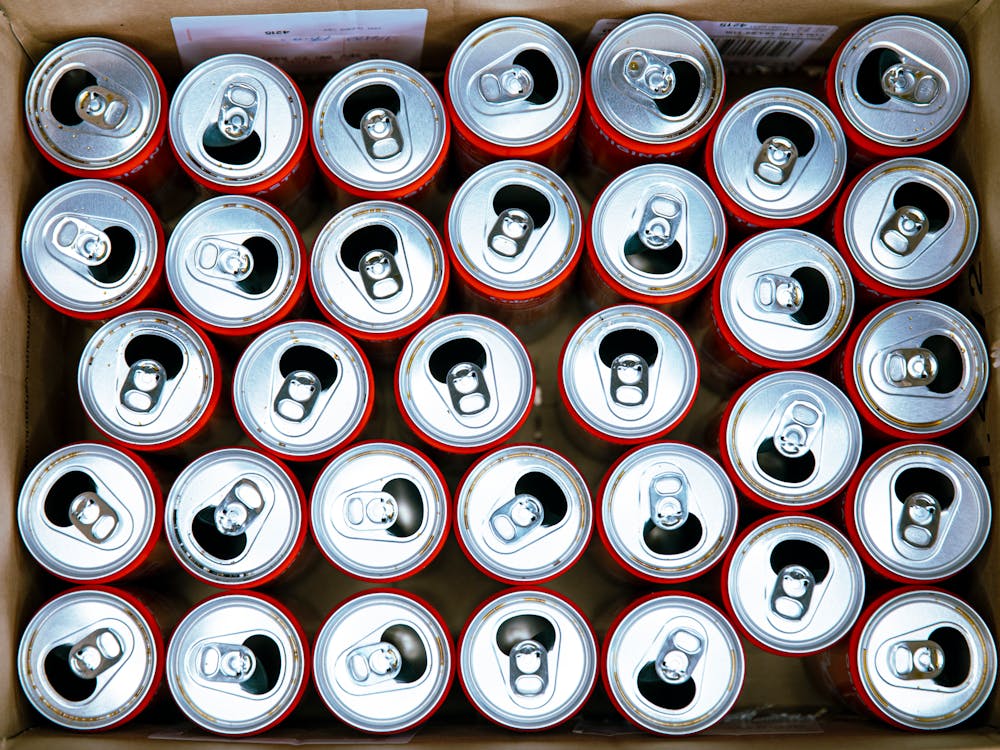The Aluminum Association has outlined its strategic priorities for 2025, emphasizing recycling as a cornerstone for sustainable growth. In its recently released “Aluminum for America: A Presidential Policy Brief,” the Arlington, Virginia-based trade group calls for federal support to enhance metal collection infrastructure and recycling systems, underscoring the economic and environmental benefits of aluminum recycling.
Recycling: Key to Securing Domestic Metal Supply
The association’s policy brief stresses the importance of deposit-return systems and Extended Producer Responsibility (EPR) programs in bolstering aluminum recycling. It highlights that $1 billion worth of aluminum used beverage cans (UBCs) are landfilled annually—a wasted opportunity for creating new products. Recycling aluminum, which requires 95% less energy than producing new metal, already constitutes over 80% of U.S. aluminum production.
By improving UBC collection, the Aluminum Association asserts that the U.S. can support manufacturing jobs, reduce energy consumption, and decrease environmental impacts. Additionally, expanded recycling initiatives could enhance U.S. independence in metal supply and strengthen domestic energy savings.
Addressing trade challenges
The Aluminum Association also urges the incoming administration and Congress to address unfair trade practices, particularly from China. The association highlights $60 billion in subsidies to Chinese aluminum firms as a critical threat to U.S. producers, advocating for stronger import monitoring and tariff harmonization across North America.
While President-elect Donald Trump has focused on Canada in trade discussions, the association calls for targeted enforcement to preserve essential partnerships, particularly with Canada, which remains a vital ally in sustaining the U.S. aluminum industry.
Aluminum as an important material for economic growth
The Aluminum Association emphasizes the role of aluminum as a vital material for the U.S. economy and national security. According to the association, the aluminum industry contributes nearly $228 billion in direct and indirect economic impact, supporting approximately 700,000 jobs, including 164,000 direct industry roles.
Despite this robust demand, primary aluminum production in the U.S. has been on a steady decline. However, investments exceeding $10 billion in midstream and downstream processing and recycling capacity over the past decade demonstrate the industry’s resilience.
Growing demand for sustainable solutions
The association reports a growing demand for aluminum in sectors such as sustainable packaging, energy-efficient vehicles, green building projects, and infrastructure development. Aluminum’s versatility and recyclability position it as a material of choice for addressing environmental challenges while supporting economic growth.
Charles Johnson, President and CEO of the Aluminum Association, states, “American aluminum is already growing and expanding with robust demand and investment, but we need decisive policy action to unlock its full potential. Policymakers across the spectrum recognize the vital importance that aluminum plays in a strong national economy and defense. Working together, America can win the future of aluminum production and recycling.”
With recycling as a cornerstone of its 2025 policy framework, the Aluminum Association continues to advocate for a circular economy that minimizes waste, conserves resources, and strengthens the domestic aluminum supply chain.
Tags
SCRAP


